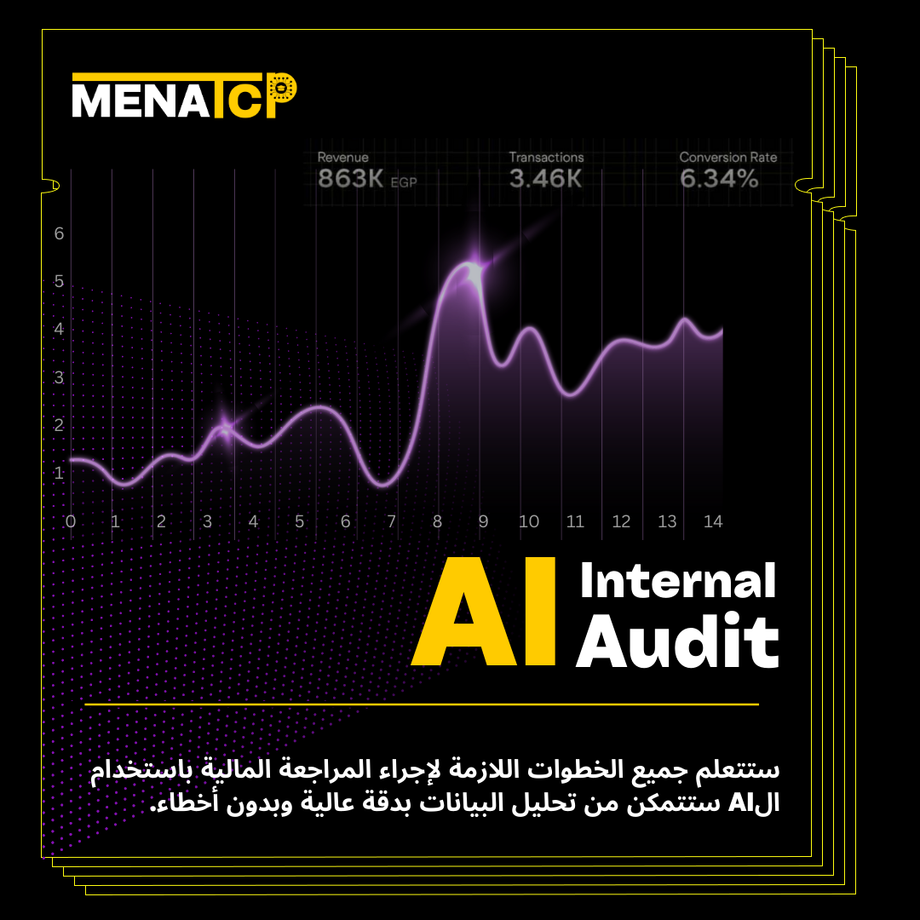Audit Planning and Project Management AI can streamline many of the manual tasks involved in audit planning and project management. For example, it can ensure recurring audits are scheduled and staffed, compare projected costs with actual budgets, notify stakeholders, identify overburdened team members, and update project management systems, all with minimal human intervention. AI can even assist with creating presentations, transcribing audio into text for narrative reports, and converting text into audio messages for easier communication.
Risk Assessment One of AI’s most valuable contributions is its ability to aid in risk assessments. It can help populate risk registers, which are used to track and manage identified risks. By drawing on data from past audits and reports, AI can automatically update key risk factors like impact, likelihood, and velocity, making it easier to quantify complex risks.
Operational Quality and Fraud Detection AI is a powerful tool for identifying and understanding patterns and risks that threaten an organization’s objectives. It helps auditors detect errors, omissions, misclassifications, duplicates, and other issues more quickly and accurately than traditional methods. By sorting results based on criteria such as product lines or business units, AI can pinpoint high-risk areas for further review. Additionally, AI can spot transactions that bypass controls or fail to follow established rules. This capability is particularly useful in areas like Purchasing, Accounts Payable, and Travel & Entertainment, where AI can streamline what would otherwise be multi-step manual procedures, conducting them in real-time and across the entire dataset
AI in Reporting and Compliance Monitoring
Reporting AI can enhance reporting processes by automating many routine tasks, such as gathering, collating, and formatting standard report components. It can also check for grammar errors and improve consistency, helping produce faster, more accurate, and impactful reports. This reduces the workload on auditors, allowing them to focus on more strategic tasks.
Compliance Monitoring AI helps auditors stay on top of compliance by analyzing large datasets for patterns that may indicate non-compliance. With customizable triggers, AI can monitor compliance continuously, send out reminders, and track corrective actions over time. This improves an organization’s ability to address compliance issues promptly and effectively. In short, AI accelerates risk identification, enhances the quality of fieldwork, and produces better reports that can act as catalysts for positive change within organizations.
Skills Required for AI-Driven Auditing
Although AI offers tremendous potential, it still requires skilled human intervention. AI learns from large datasets through iterative feedback, but auditors must ensure that AI-generated insights are accurate, contextually appropriate, and aligned with the organization’s standards and communication preferences.
For example, while AI can automate report writing, auditors must review the results to ensure they are clear, concise, factual, and free from AI errors like “hallucinations,” where the system produces inaccurate information. Auditors should also verify that AI-generated reports adhere to the organization’s style, tone, and communication requirements.
When using AI for data analytics, auditors need to understand the data being analyzed, its quality, and how frequently it’s updated. Inaccurate or outdated data could result in faulty audit findings. Auditors must also have a good grasp of the business processes being audited. For instance, while certain accounting reversals or adjustments might be acceptable, auditors need to know when an anomaly signals an underlying inefficiency or issue.
Furthermore, auditors need skills in statistical analysis, data management, and data science to interpret false positives or negatives generated by AI. This is especially important as organizations evolve, adding new products, units, or services—which can influence AI’s data models. https://menatcp.com/adapting-to-a-changing-world-ais-impact-on-internal-auditing/
For example, while AI can automate report writing, auditors must review the results to ensure they are clear, concise, factual, and free from AI errors like “hallucinations,” where the system produces inaccurate information. Auditors should also verify that AI-generated reports adhere to the organization’s style, tone, and communication requirements.
When using AI for data analytics, auditors need to understand the data being analyzed, its quality, and how frequently it’s updated. Inaccurate or outdated data could result in faulty audit findings. Auditors must also have a good grasp of the business processes being audited. For instance, while certain accounting reversals or adjustments might be acceptable, auditors need to know when an anomaly signals an underlying inefficiency or issue.
Furthermore, auditors need skills in statistical analysis, data management, and data science to interpret false positives or negatives generated by AI. This is especially important as organizations evolve, adding new products, units, or services—which can influence AI’s data models. https://menatcp.com/adapting-to-a-changing-world-ais-impact-on-internal-auditing/

